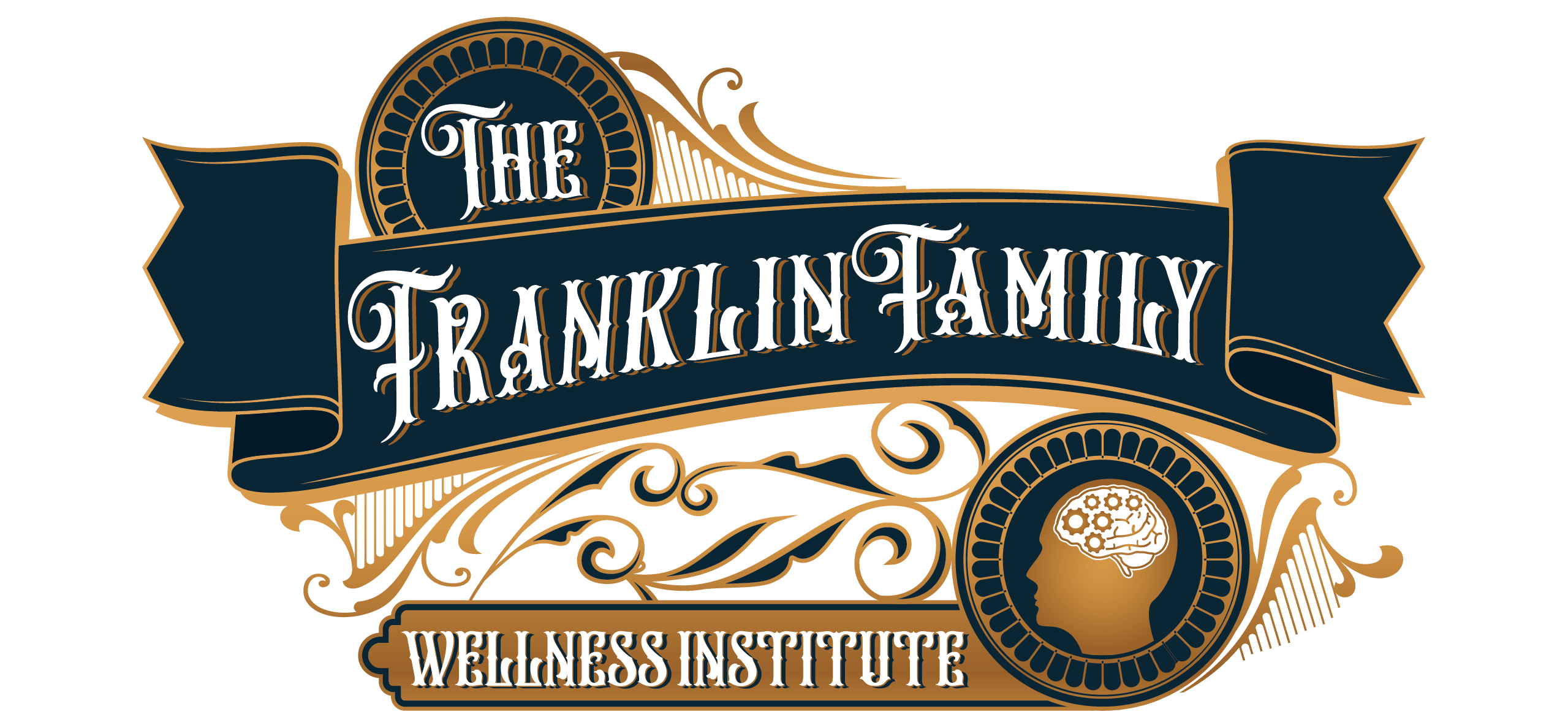5 TIPS FOR HELPING YOUR CHILD'S ADHD Behavioral Concerns WITHOUT MEDS

Dwight Franklin, MSOM, AP
Concerned and fearful because your ADHD child is struggling with focus at school or behaving badly at home? Has your pediatrician suggested medication?
It’s common. All too common, in fact. And no parent is ever ecstatic to put their child on prescription drugs, even if it can be effective.
Trust that parental instinct. There are other ways to help your child potentially reduce or eliminate the need for medication.
I’ve worked with so many children who’ve had hyperactivity, inattention, and poor impulse control and and had a ton of success addressing these concerns through natural means. Here are 5 tips you can get started with right now:
- Cut out all processed sugars. This by itself can make a huge impact on the behavior of the child. While foods such as cookies, cakes, white bread, pasta, and soda are bad for us all, they are especially damaging to a child. As adults, most of us have learned right from wrong and appropriate from inappropriate. A child is still learning these things and when excess amounts of sugars are introduced into the diet, they tend to forget all about what’s appropriate and simply go with what makes them feel good in the moment. It may be that the child becomes very hyperactive or they may have an energy crash in the middle of the school day, become moody, and want to sleep. Regardless, excess sugar will lead to a child’s brain not functioning at an optimal level.
- Eat detoxifying green vegetables. As a Eastern Medicine Physician, we do not preach about any one diet that is appropriate for everyone. We look at the person’s unique symptoms and find the best foods to combat those symptoms. However, I don’t meet very many children who are consuming too many vegetables. Vegetables such as green leafy kale, spinach, and broccoli can really help a child who is very hyperactive and shows aggressive tendencies. Green, bitter vegetables tend to have a calming effect on the mind. These same foods also are high in folate and help in the production of glutathione which is the body’s natural antioxidant and assists the liver in its job of detoxification. I have seen it on too many occasions where a child’s behavioral or focus issues are directly related to the stress and overwork that their liver is under due to an unhealthy diet.
- Omega-3’s.Foods that are high in omega-3 fatty acids such as salmon, flax seed, and chia seeds are very helpful in the health of a child’s brain. The brain is 60% fat and therefore needs healthy fats to function properly. If you have trouble with getting your child to eat omega-3 containing foods, a high quality omega-3 fish oil supplement is highly recommended. Whatever you do, DON’T get your fish oil from your local drug store. They might be inexpensive, but they’re also low quality and ineffective. Work with your healthcare provider in finding the appropriate high quality dietary supplement. I have a health professional line of dietary supplements for children that I use in my office. Please contact me for more information.
- Involve your child in activities that they naturally gravitate towards. Every child is different therefore not all therapies and/or activities should be the same for each child. Children who exhibit more aggressive behavior are likely to do well with physical sports where they can channel that energy into something productive. However, children that are incredibly intellectual tend to have problems focusing due to boredom. They are usually more combative with their words than their physical body. This requires a more structured activity that will put that beautiful brain power to better use. A chess class or taking weekly trips to the science center could be very beneficial. While it is a great idea to gradually insert new activities into a child’s life that help with their weaknesses, always start with their strengths. This will greatly help their self-esteem and make it a less stressful and trying time for the child when asked to improve on their weaknesses.
- Take a breath, be patient, give it time, and know that it’s going to be ok. We live in a society where everyone wants instant results. This is a big reason why pharmaceuticals are typically the first option and not the last. While I have much sympathy for teachers and families that are struggling with a child with any brain health concerns, these symptoms just don’t go away over night. It takes time for diet and behavioral changes to take effect. If an adult patient needs to significantly decrease their weight because of health concerns I don’t expect them to lose the entire 50 pounds in a week. We need to use this same mentality when helping a child with their mental and emotional state. Always remember that LESS IS LOVE. We want to make healthy changes gradually but do your best not to put intense pressure on your child and on yourself. These changes can be and should be a very inspiring and exciting time for the family.
- You’re not alone. I know how hard it can feel when you’re worried about your child. Don’t hesitate to call me to schedule a consultation for your child. I can be reached at 407-755-3135. My purpose and passion is helping kids find their way back to health and wholeness. I create customized, detailed plans on how we can help whatever is ailing your child. Whatever is keeping them from their potential. And you’ll get support, too. Because no one can go it alone. And you shouldn’t have to.

0 comments
Leave a comment
Please log in or register to post a comment